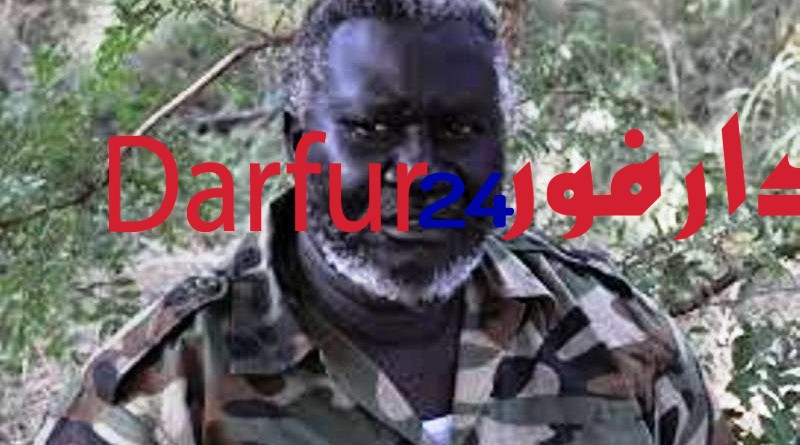Khartoum, July 13(Darfur24) Member of the Transitional Sovereignty Council, head of the Sudan People’s Liberation Movement-North, Malik Agar, announced a new political initiative to resolve the political crisis, overcome the current state of tension, complete the peace process, and provide relief to the displaced and refugees by providing urgent humanitarian support to them and completing security arrangements.
Sudan has been in a state of political deadlock since the coup of last October 25, which was carried out by the army chief, Abdel Fattah Al-Burhan, against the government of the civil revolution.
Head of the United Nations Integrated Mission to Support the Democratic Transition in Sudan, Volker Peretz, led an initiative to resolve the crisis in Sudan before the African Union and IGAD joined him to form a trilateral mechanism to find solutions to the political crisis, but it did not succeed.
The former rebel leader explained that defining the duties accurately and taking into account the sensitivity of the current situation and the demands of the street, will contribute to addressing the political problem that Sudan has been suffering from since independence.
Agar added that he will present a preliminary paper to the relevant authorities to determine these powers and tasks, and will then call for the formation of a technical committee of legal representatives for all of these authorities, in addition to national experts, and international expertise in order to formulate these duties and tasks in a precise legal constitutional text, which avoids Linguistic gaps and legal inaccuracies that accompanied the drafting of the constitutional document.
He stated that the second stage is the stage of forming a government of technocrat , choosing a prime minister, who is entrusted with managing the country and facing urgent tasks, foremost of which is dealing with the economic crisis.
He pointed out that the third stage represents the stage of a comprehensive national dialogue in which everyone participates, except for the dissolved National Congress Party, and guarantees the participation of the new political and social forces that emerged after the revolution, and youth and women organizations, refugees and displaced persons whose issues have been ignored for long periods.
He said, “This national dialogue should answer important questions that have been ignored in Sudan since independence, such as issues of the relationship between the center and the periphery, issues of achieving justice, accountability, transitional justice, issues of development of the parties, problems of racism and political representation, in addition to agreeing on the form of the process of making a permanent constitution in Sudan”. They represent necessary elements for the success of the stability equation in Sudan.
Member of the Sovereignty Council stressed the importance of completing and supporting the peace process, which he described as needing wings to soar high in the sky of the country, and to plant its roots in its soil, calling on the international community to preserve the peace that has been achieved so far, complete it and make it attractive to citizens and other armed struggle movements.
He said, “We must take this issue seriously and pay attention to its extreme importance, and we need schools, health centers and infrastructure that address the problems of the past and keep new generations from returning to the war square.”
He called on the authorities not to abandon the displaced and refugees from the Blue Nile, the Nuba Mountains, Darfur, eastern Sudan and the Sudanese in the diaspora, and to forget them in the camps, frustrated and forgotten, appealing to the United Nations agencies, the international community and humanitarian organizations to help them return to their homes.

